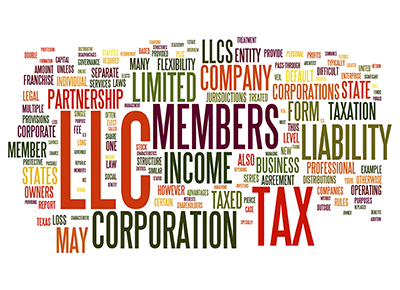Odds are, if you are starting a new business, then you have been planning this for a while and have considered very carefully what it will entail. Just in case, here is a checklist of things you should be thinking about as you prepare to open your brand new business.

1. Beware of a low barrier to entry.
As the saying goes, “If it was easy, everyone would be doing it,” and sometimes, everyone is doing it. If you find that it’s a little too easy to get into an industry, then it probably means that it’s already over-saturated with too many competitors.
It should give you pause because some barrier of entry to an industry or field of business is actually a good thing. Barriers to entry, such as access to materials, brand loyalty, or strict government regulations—these things limit the number of competitors so that once you do gain entry, you have a better chance of surviving.

2. It may be hard on your family.
Being a single business owner can be a great advantage to you, as well as a disadvantage. On one hand, you have nothing but time when you’re single, and you’re also not causing your family to suffer, due to the high demands of running your own business.
On the other hand, you’re kind of on your own, and there will certainly be times when you need support. Just something to think about—if you do have a family, what your business requires of you can definitely put a strain on family.

3. Do you need an office?
Consider whether or not your business needs an office, or a building of any kind, before you get started. Even if you haven’t considered the idea of working from home, you will save a considerable amount of money in overhead, if it is feasible for you.
Ask yourself the following questions to help you decide if you need a building, or not:
You will most likely need a lot more criteria to decide, but these starter questions will at least give you an idea of whether or not you can do without an office.

4. You might take home a lot less, at first.
Some people have the preconception that you are going to be rich as soon as you start your business, but this is hardly ever the case.
In fact, you may have to pay yourself very little to keep your business afloat and manage debt very carefully, when utilizing loans from the bank or from investors. Learn more about how to pay yourself as a new business owner, here:
https://talkroute.com/why-a-business-owner-might-have-to-adjust-their-salary/

5. Do you need a partner?
To be a sole proprietor means to make yourself responsible for managing every aspect of your business alone, but it also means that you alone reap the benefits. It’s up to you if going it alone is a viable option.
Having a partner can be extremely valuable, as you have someone to share responsibilities, offer skills that you don’t possess, and even bring additional assets to the table. It is very often the better option to have a business partner. The following post provides some further insight into choosing the best partner or cofounder:
https://talkroute.com/finding-the-right-co-founder-business-partner/

6. Decide what legal structure you need.
There are a variety of different ways to structure your business, and among the most popular are a partnership or an LLC.
Depending on how you want to be organized, and how the government will view your business, you may even want to incorporate, for which there are particular benefits. Here’s a post that explains why many businesses should incorporate:
https://talkroute.com/why-you-should-incorporate-your-business/
Do you have any advice for new entrepreneurs? Feel free to let us know in the comments!

Stephanie
Stephanie is the Marketing Director at Talkroute and has been featured in Forbes, Inc, and Entrepreneur as a leading authority on business and telecommunications.
Stephanie is also the chief editor and contributing author for the Talkroute blog helping more than 200k entrepreneurs to start, run, and grow their businesses.




